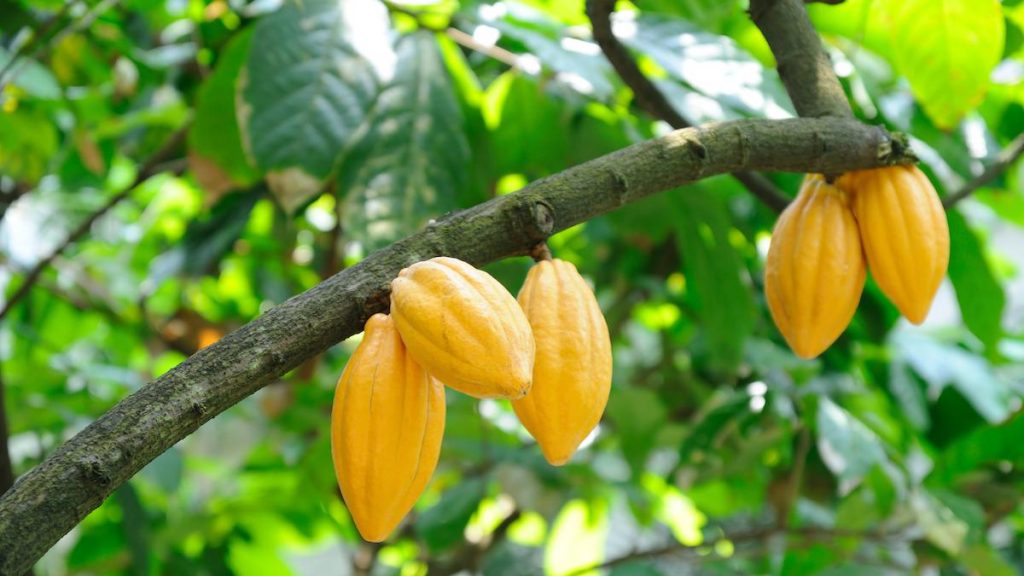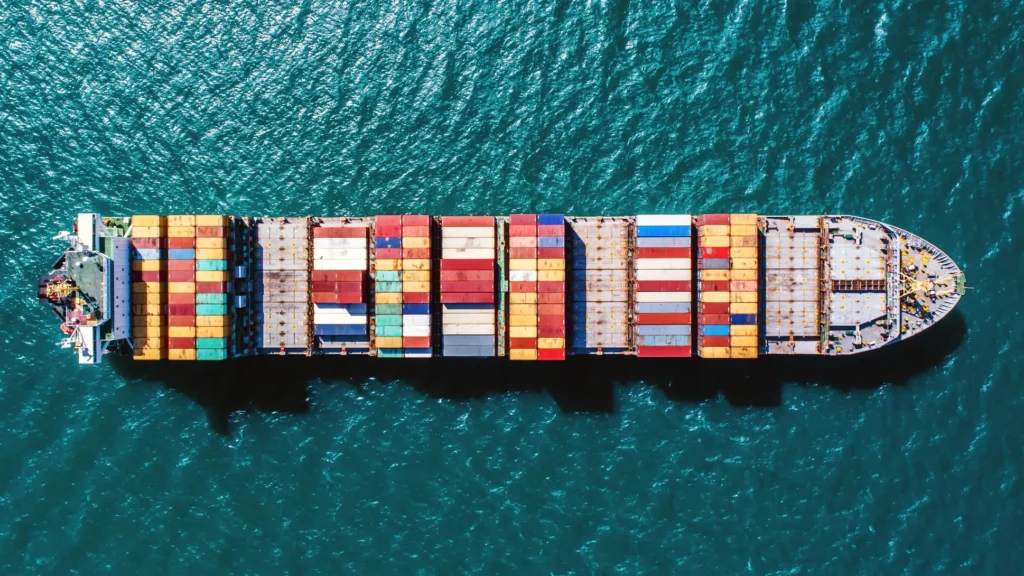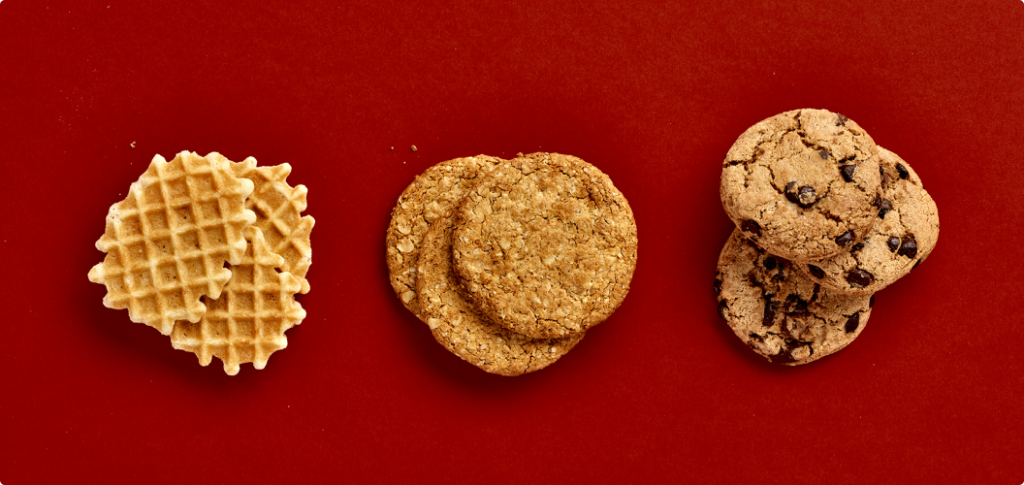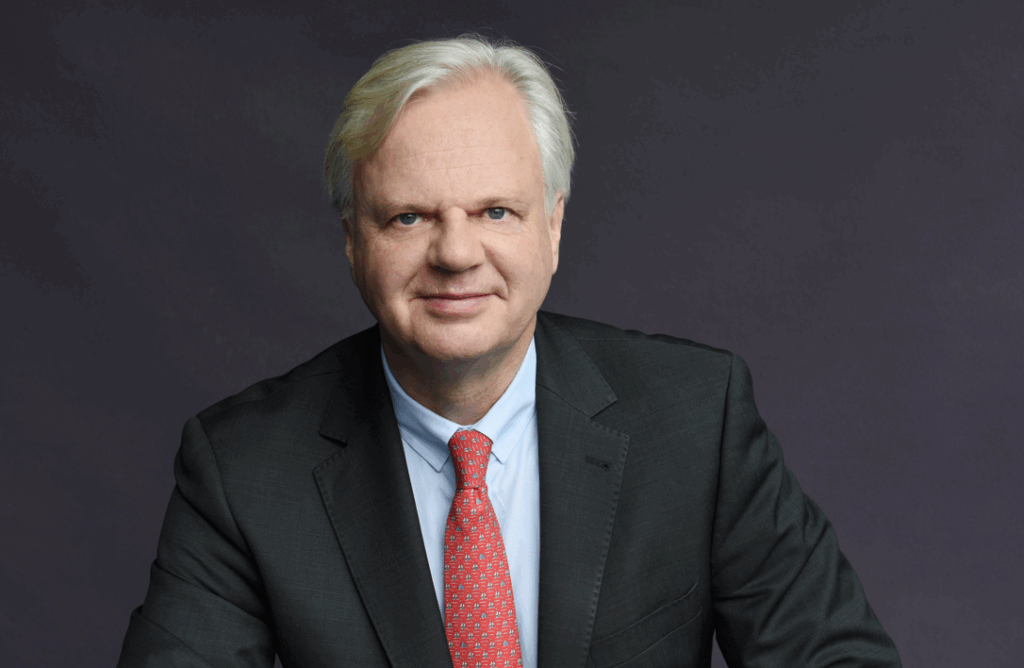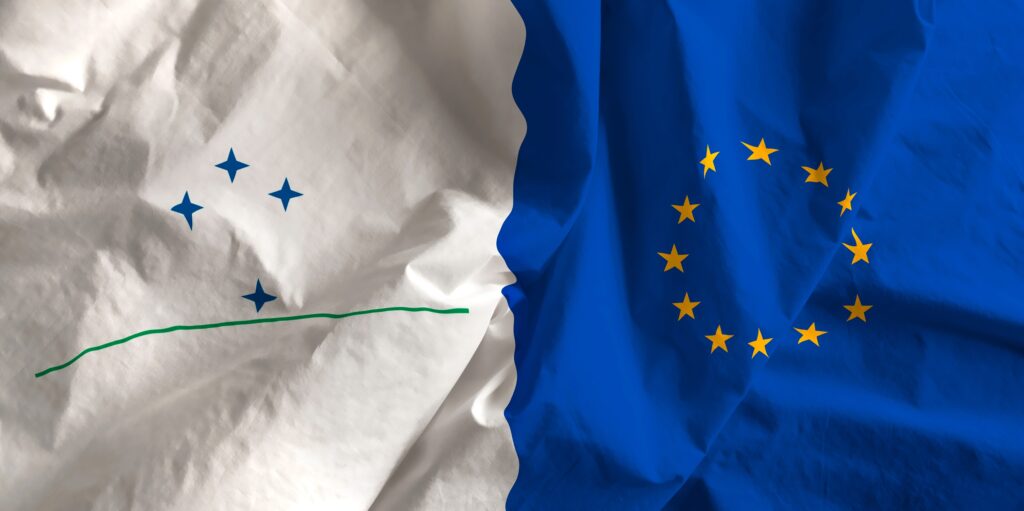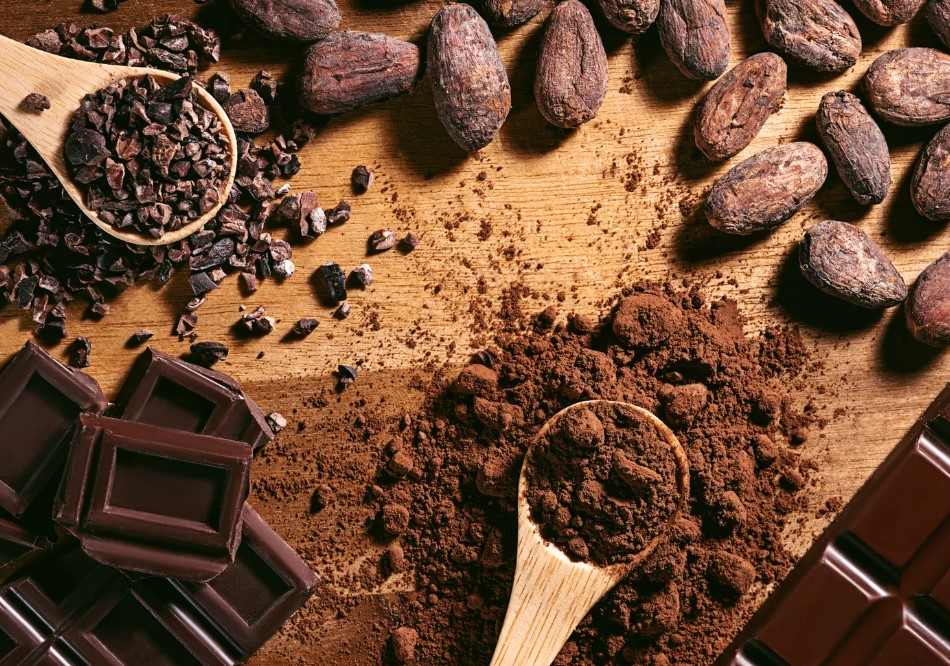EU Trade Agreements with MERCOSUR and Ukraine – Key to the Future of European Confectionery
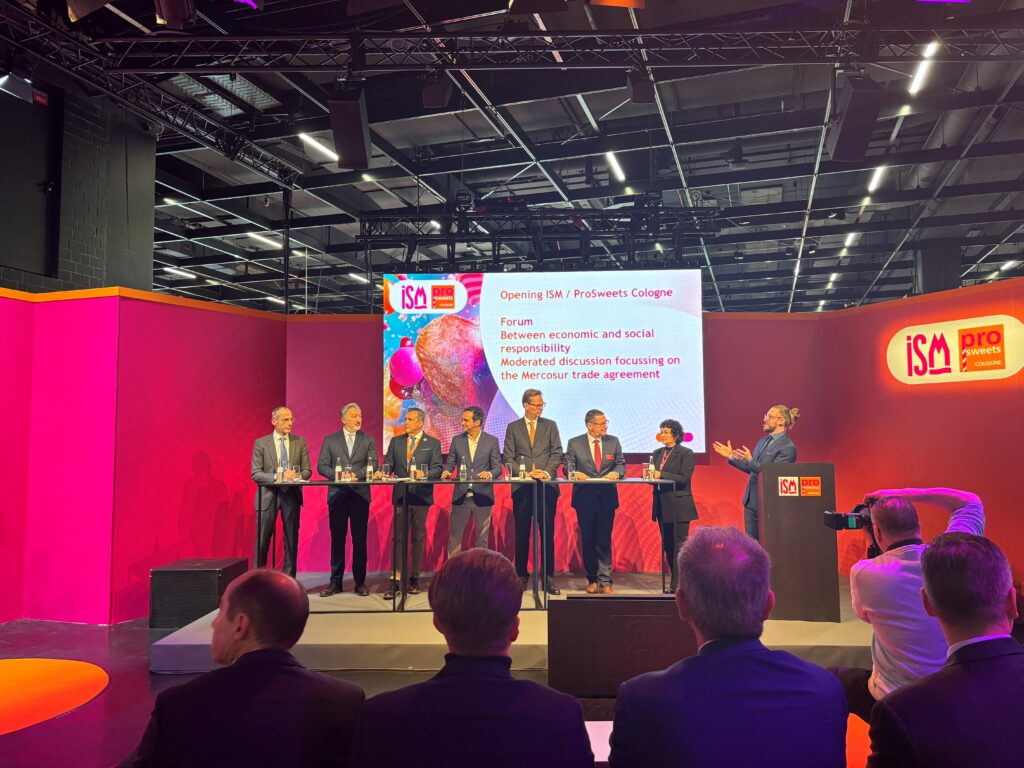
Cologne, ISM 2025 – The Global Confectionery Hub
As the world’s confectionery industry gathers in Cologne for ISM, the largest international trade fair for sweets and snacks, the spotlight is on Europe’s role in shaping global trade. With EU confectionery manufacturers forming the largest exhibitor group, the event underscores the sector’s significance in the European agri-food economy.
Global demand for confectionery continues to grow, offering European manufacturers unprecedented opportunities. However, to remain competitive and maintain their status as leading exporters, EU companies require a trade policy that guarantees market access and secures a stable supply of key raw materials—especially sugar.
MERCOSUR and Ukraine – Trade Agreements of Strategic Importance
Two critical trade agreements are currently on the political agenda: the EU-MERCOSUR Trade Agreement and the ongoing negotiations with Ukraine under the Deep and Comprehensive Free Trade Area (DCFTA). Both agreements have the potential to strengthen Europe’s agri-food industry by facilitating trade, improving supply security, and enhancing competitiveness.
EU-MERCOSUR: A Milestone for Stability and Growth
- The EU-MERCOSUR agreement, which includes Brazil, Argentina, Paraguay, and Uruguay, is a crucial step toward securing reliable sugar imports, a fundamental ingredient for the confectionery industry.
- The agreement introduces a duty-free quota of 180,000 tonnes of raw sugar from Brazil, providing a much-needed alternative to offset the EU’s chronic sugar deficit.
- The deal balances economic, geopolitical, and sustainability concerns, ensuring a fact-based approach rather than protectionist measures.
EU-Ukraine: Supporting Economic Recovery and Ensuring Supply
- The EU’s trade relationship with Ukraine is vital both for economic resilience and supply security. Since 2022, Ukraine has provided nearly 1 million tonnes of sugar to the EU, stabilizing the market during supply shortages.
- However, recent trade restrictions on Ukrainian sugar imports have disrupted market access. CAOBISCO urges policymakers to ensure continued duty-free access or, at minimum, establish a substantial tariff-rate quota to guarantee sufficient supply.
- Strengthening trade ties with Ukraine not only supports its economic recovery but also helps secure the EU’s confectionery production and exports.
CAOBISCO’s Call for Action
As the industry gathers at ISM Cologne, CAOBISCO urges EU policymakers to:
- Finalize the EU-MERCOSUR agreement and implement its sugar import provisions to address supply deficits.
- Restore full trade liberalization with Ukraine.
- Prioritize a trade agenda that fosters competitiveness, sustainability, and long-term resilience for the European confectionery sector.
CAOBISCO remains committed to working alongside EU institutions to ensure that trade policies reflect the needs of the industry, securing Europe’s place as a global agri-food export champion.
Related news
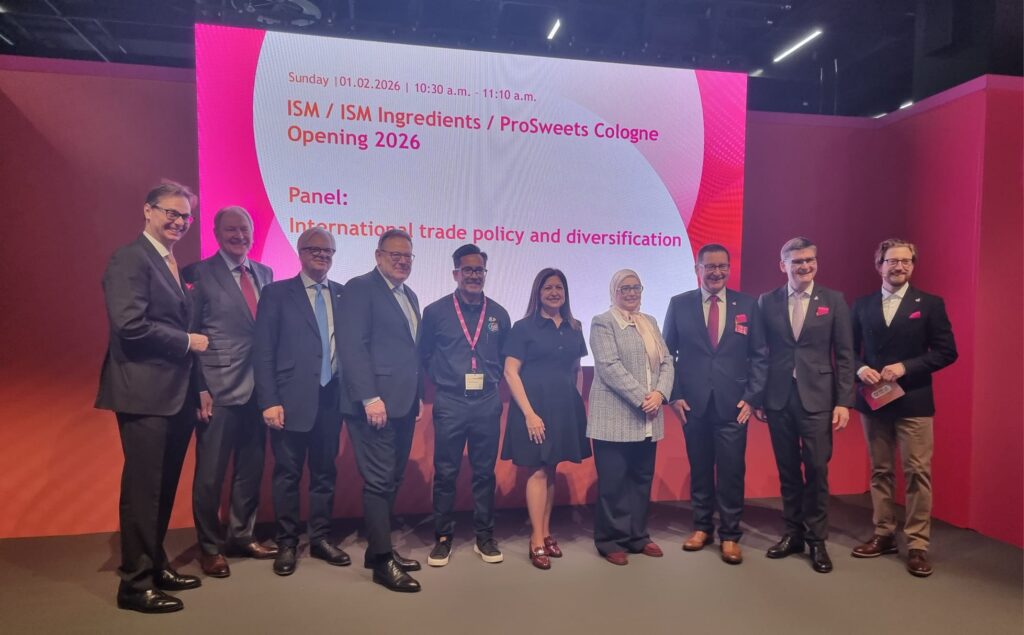
ISM Cologne 2026: Tobias Bachmüller, CAOBISCO President, Calls for an Open and Predictable EU Trade Policy to Secure the Future of Europe’s Confectionery Sector
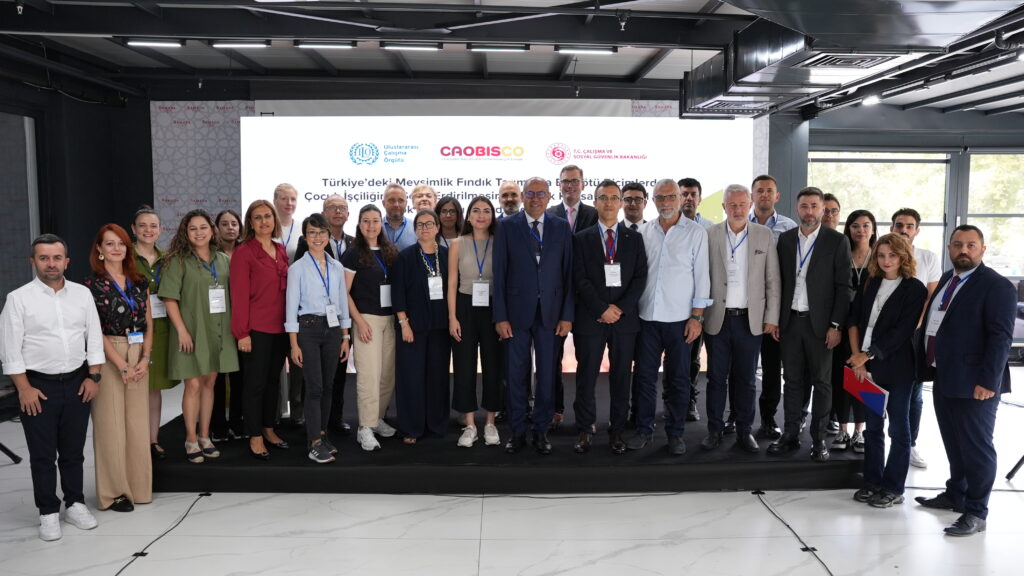
Press Release: CAOBISCO and ILO Strengthen Commitment to Eliminate Child Labour in Hazelnut Harvesting in Türkiye
